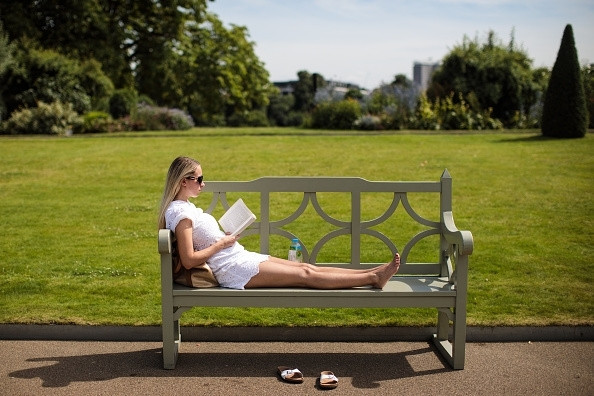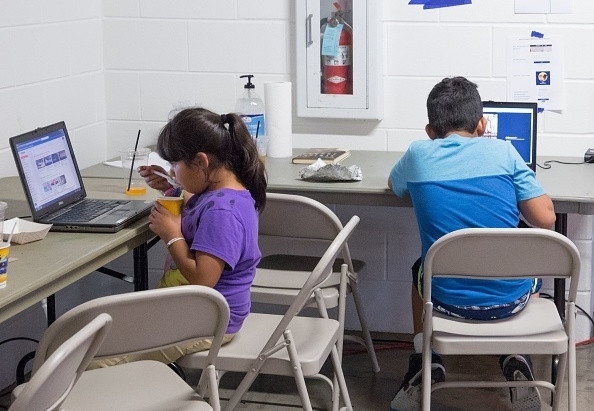International Stress Awareness Day: Six ways to combat stress
November 1 is International Stress Awareness Day
Western society is becoming more attuned to caring for its patients' mental health but that doesn't mean the numbers for anxiety and depression are lessening. The most recent Psychiatric Morbidity Survey revealed that some 6 million people in the UK suffer with depression or anxiety disorder.
Today is International Stress Awareness Day and, as a result, we have compiled the best methods of combating unhealthy stress. Whether it's meditation apps or helpful books, the world is becoming better equipped to support anxiety problems.
Headspace (App)

Headspace is an app that includes help for panic attacks and an audible guide on meditation. Since it's an app, stress help is available on the go and whenever you need. Interestingly, Emma Watson is quoted on the website saying: "It's an app that teaches you how to meditate. It's kind of genius."
Seeking advice and help
Whether it's a GP, family or friends, reaching out to people is necessary to getting the right support. There are numerous types of therapy but before you consider that it's a great idea to let a few close people know what's going on. They could easily have ideas on how to unload the burden or best support you.
Exercise

Exercise is common advice from health experts during a period of stress or anxiety. It might be hard to hear at the time, especially if you're too stressed to concentrate on anything else, but running, jogging or dancing (anything that tests your body physically) will instantly clear initial stress.
Me time

Under the NHS's guide to stress, it notes how here in Britain we work the longest hours in Europe meaning we don't have time to enjoy the things we would like to. As a result, fitting in the time to spend on hobbies or relaxing are really important for our mental health. It makes sense to find enjoyment in life again!
Avoiding avoidance behaviours

So 'avoidance behaviours' are anything that momentarily make you feel better but ultimately fail to tackle the root of your stress. A really common one is alcohol as it's a temporary form of relaxation that could form an unhealthy reliance. There's nothing wrong with drinking but only when it's not a coping mechanism. The NHS even describe it as putting your head in the sand as your real problems will still exist after.
Going online

Visit the NHS's or Stress Management Society's website on dealing with stress. Information on mental health has only gotten better so why not look at these informative sites dedicated to helping you feel happier and healthier?
Visit:
NHS's page on stress, anxiety and depression
Mind (the mental health charity)






















